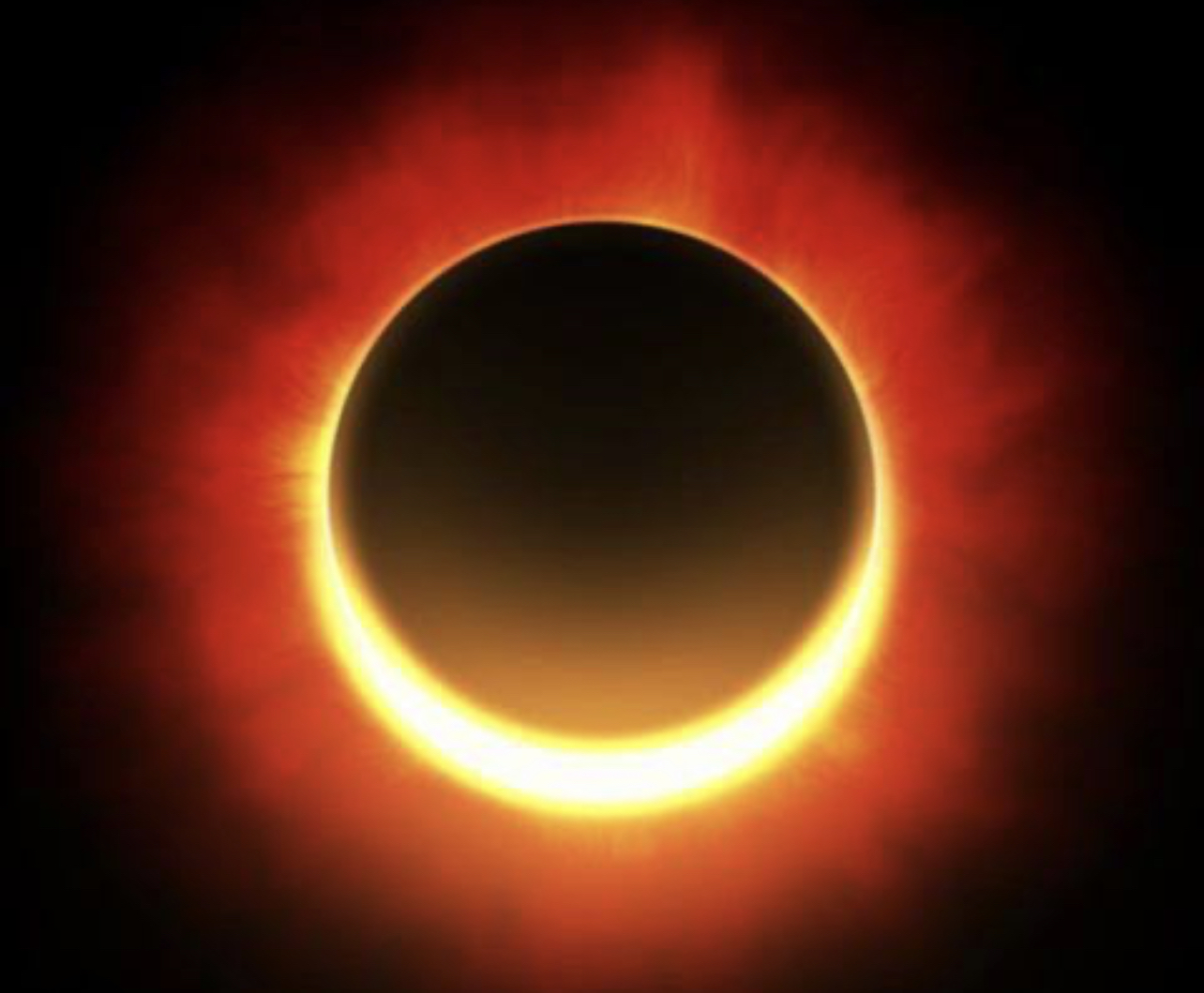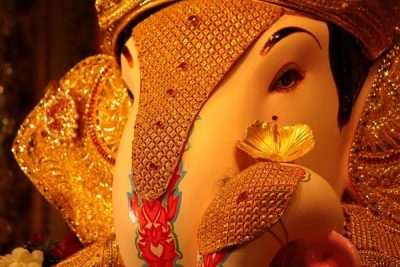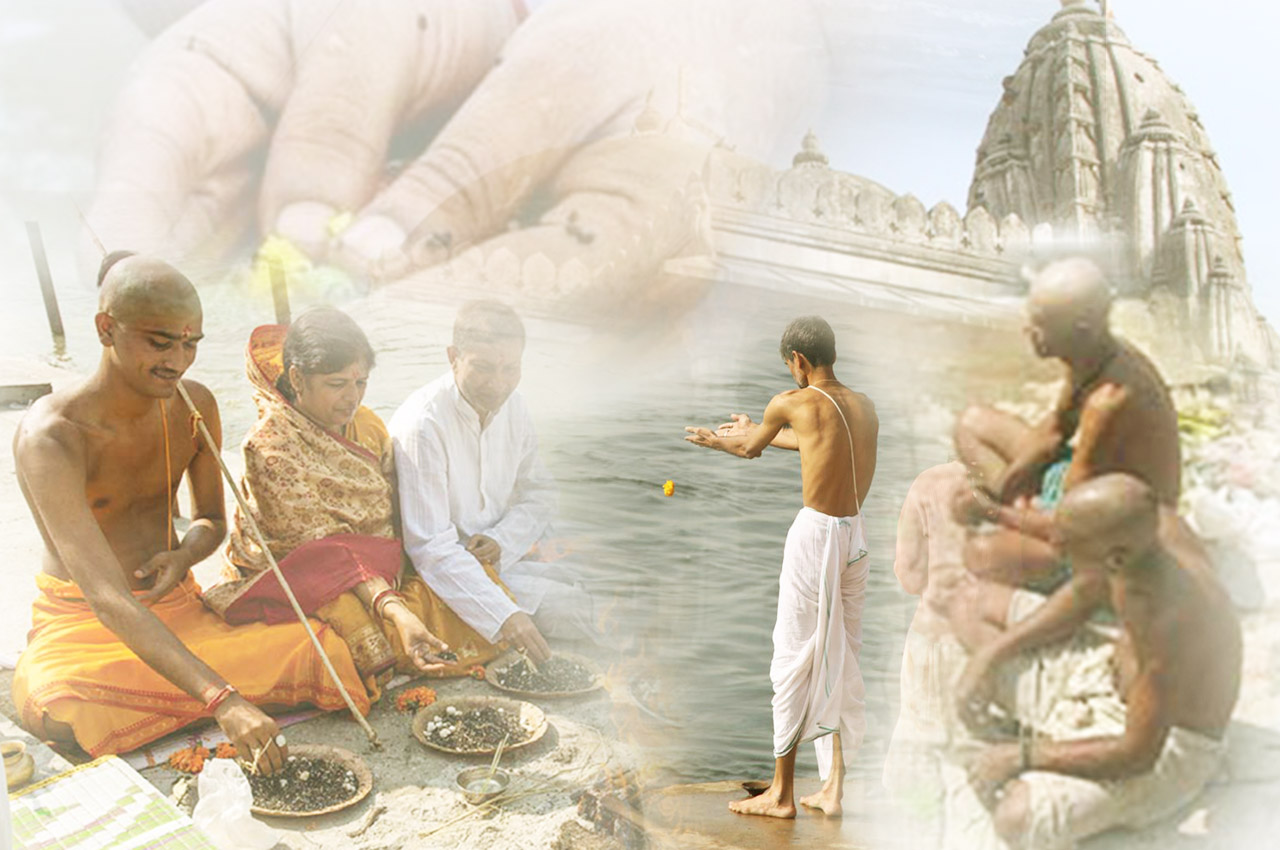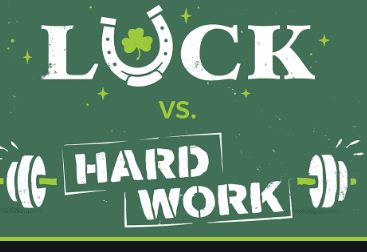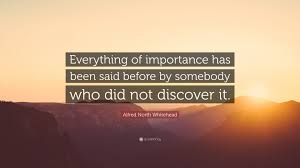*Destiny vs. Hard Work: The Ultimate Showdown
A question as old as time: Destiny or Perseverance? Is it all about the grind, or is the universe pulling some strings in the dark? For those who hustle, hard work is the core of their beliefs. But then there are people who are blessed by a lucky stroke of fate. Imagine this: destiny and effort are like the two wheels of a bicycle. Or think of destiny as someone sitting comfortably on the shoulders of hard work. Makes sense, right?
But wait, that’s not all! Your destiny is actually shaped by the actions you did in your past lives. So if karma (which means your efforts) is making your destiny, isn’t destiny just another name for hard work? It almost feels like a riddle, don’t you think?
Now let’s look at it from another perspective. What is atonement? It is a kind of a revelation or that nagging feeling of guilt or regret from something you did ages ago but still makes you feel uneasy. And guess what? You can’t shake off the uneasiness without putting in some effort. Just like you can’t get virtue without putting in some hard work first. Picture virtue as a fixed deposit and hard work as your checking account. The stuff you do today, no matter how toughwill definitely payoff in the future. It may not look like it initially, but every hardship that you go through is pushing you towards your better self and setting you up for a better destiny.
In our scriptures, each Yuga or cyclical age has its own unique characteristics and virtues. In Satyug ( The Age of Truth), the virtue of ‘Dharma’ (Righteousness) was propounded. People were highly virtuous, and Dharma (righteousness) prevailed. The four pillars of Dharma – truth, compassion, austerity, and cleanliness – were intact.
During Tretayug (The Age of Silver), the virtue of ‘Yajna’ (Sacrifice) prevailed. Yajnas (sacrificial rituals) were the primary means of worship and maintaining cosmic order. Performing sacrifices was considered highly virtuous. While righteousness still existed, it began to decline, and people had to make efforts to uphold Dharma.
Dvapara Yug (The Age of Bronze) is known for the Mahabharata and the advent of Lord Krishna. The great war of Mahabharata took place during this time. The virtue of ‘Archana’ (Worship/Devotion) was valued in this age. Devotion and worship of deities through temples became prominent. Idol worship and rituals were also emphasized.Dharma continued to decline, and people faced more challenges in upholding righteousness.People practiced devotion (bhakti), yoga, and other spiritual disciplines to stay connected with the divine.
Which finally brings us to our current cyclical age: Kaliyug (The Age of Iron). The virtue of ‘Daan’ (Charity) is emphasized for this age. This age is characterized by a significant decline in moral and spiritual values. People lead shorter lives and face greater challenges in maintaining Dharma.There’s a stronger focus on material wealth and power, leading to increased strife and conflict.Despite the challenges, Kali Yuga offers the unique opportunity for redemption through simple acts of charity and devotion. Even small good deeds can have a significant impact.Look at celebrities like Bill Gates, Steve Jobs, Tata and Narayana Murthy – they’re donating their fortunes and setting themselves up for a brighter future. So, the idea that charity can lead to salvation? It’s totally not something you want to shrug off.
Ultimately, what do we focus on? Destiny or hard work? Maybe it’s not about choosing any one of the two sides. Rather, we should think of it as two sides of the same coin—Embracing both the aspects and ride the wave of life with a sprinkle of luck and a dash of hustle! 🌟🚴♂️


